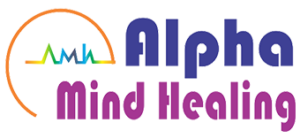Psychosis
Psychosis
The treatment of psychosis, which refers to a range of mental health conditions characterized by distorted thinking, hallucinations, and delusions, typically involves a combination of medication and psychosocial interventions.

The primary goal of treatment is to reduce symptoms, improve functioning, and enhance the individual’s quality of life.
Treatments To Consider:
Antipsychotic Medication: Medication is often the first line of treatment for psychosis. Antipsychotic medications help to manage symptoms such as hallucinations, delusions, and disordered thinking. There are two types of antipsychotics: typical (first-generation) and atypical (second-generation) antipsychotics. The choice of medication depends on various factors, including the specific symptoms, side effect profile, and individual response. Medication should be taken under the guidance and monitoring of a qualified healthcare professional.
- Psychotherapy: Psychosocial interventions are an essential component of the treatment of psychosis. Cognitive Behavioral Therapy for Psychosis (CBTp) is a commonly used therapy that aims to help individuals identify and challenge distressing thoughts and develop coping strategies. CBTp can also address social skills, problem-solving, and emotional regulation. Other types of therapy, such as family therapy and supportive therapy, may also be beneficial in addressing the impact of psychosis on relationships and overall support system.
- Early Intervention Programs: Early intervention services focus on identifying and treating psychosis at its early stages to minimize the long-term impact on individuals. These programs provide a combination of medication, therapy, case management, and support to help individuals recover and maintain their well-being. Early intervention services often involve a multidisciplinary team of healthcare professionals, including psychiatrists, psychologists, social workers, and occupational therapists.


